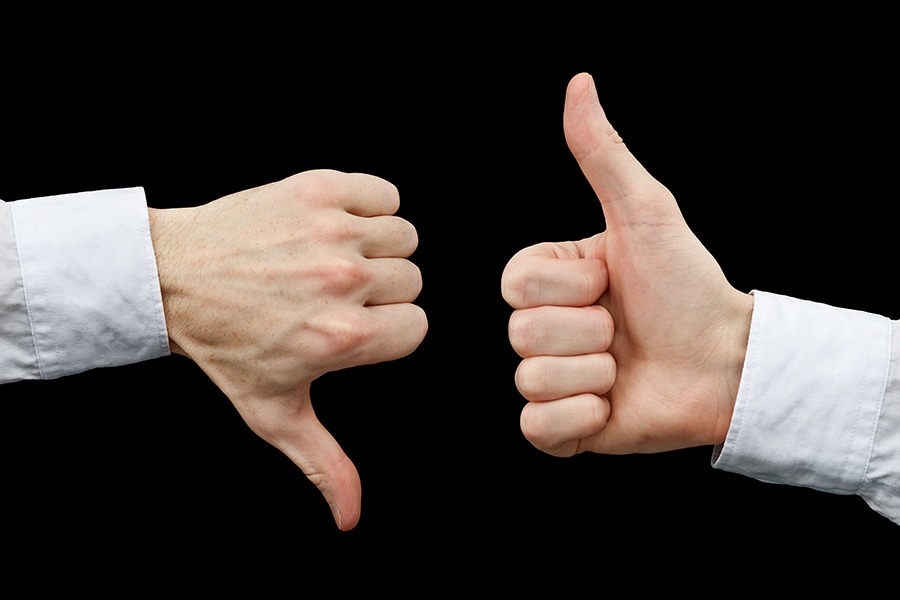
When agreeing to disagree is a good beginning
When conflict stems from honest and open listening, disagreement can be a good thing, say Francesca Gino and Julia Minson. But developing those skills requires patience and discipline
 Engaging with those who hold opposing views can be constructive and lead to new discoveries and new allies
Image: Shutterstock
Engaging with those who hold opposing views can be constructive and lead to new discoveries and new allies
Image: Shutterstock
Disagreements don’t have to end discussions. In fact, as researchers from the Harvard Kennedy School and Harvard Business School discussed at a recent event, engaging with those who hold opposing views can be constructive and lead to new discoveries and new allies.
“Many of us look at conflict as something we’d rather avoid than engage in with confidence,” explained Francesca Gino, Tandon Family Professor of Business Administration in the Negotiation, Organizations, and Markets Unit at Harvard Business School during the event. “But conflict and disagreement can be quite beneficial.”
Gino was joined by Julia Minson, an associate professor of public policy at the Kennedy School who researches the psychology of disagreement at the Minson Conflict and Collaboration Lab, for “How to Engage in Productive Disagreement.” The event was sponsored by the Office of the Vice Provost for Advances in Learning and the Harvard Alumni Association.
Gino opened the evening with an example of such constructive sparring. Sharing video of the Pixar creative team discussing their heated arguments over the creation of the film “Toy Story,” she broke down the elements of what this team had been able to do.
“What stood out to Julia and myself is you hear about these intense disagreements and people coming out and saying, ‘That was an amazing discussion,’” said Gino, who is also affiliated with Harvard Law School’s Program on Negotiation. “What was it that they figured out that allowed for disagreement to be productive? What can we all do so that disagreement turns out to be productive rather than damaging?”
This article was provided with permission from Harvard Business School Working Knowledge.







